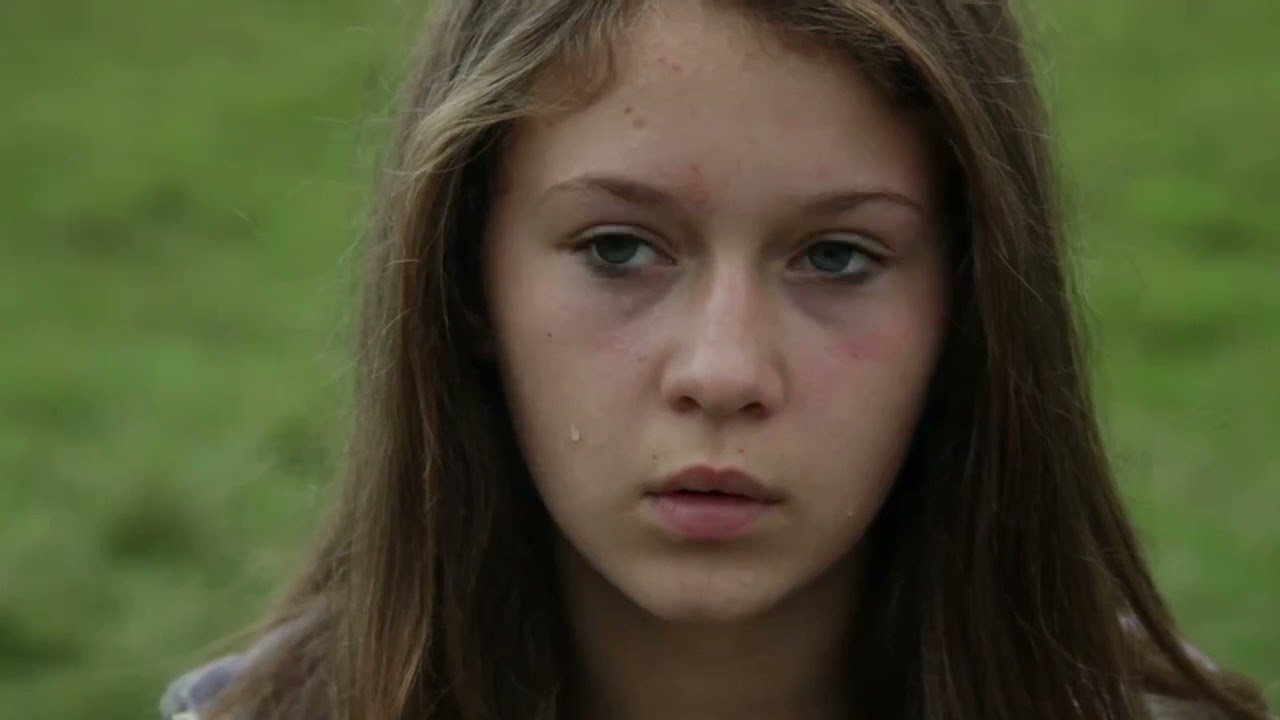
How to prevent sexual abuse?
If you’re a parent of a child who’s been the victim of child sexual abuse, you need to know how to prevent sexual abuse in children. This is no small matter and must be dealt with head-on. Many victims blame themselves and/or the perpetrator for their abuse. If you let this happen, it can lead to depression, drug addiction and other serious mental disorders. To help you understand how to prevent sexual abuse in children, here are some tips:
Ways To Teach Children How To Prevent Sexual Abuse: Have The Talking. Don’t assume that only your child is small enough to be talked to. You’ll likely agree with this – too many children these days are more reactive and learn very quickly. Teach them about body parts, appropriate touching and how to self-defense.
Identifying Signs. First, you must identify any sexual or physical abuse that might have occurred. If there is one, the behavior and/or actions of the perpetrator should be similar to or in advance of the behaviors or actions that were used against your loved one. For example, if your son was beaten severely as a boy, but then beat his female partner so severely that she suffered physical damages (such as a broken arm), he may be considered as a sexual abuser. However, if your daughter was assaulted by the same person who beat up your son, but didn’t report the assaults for two years, she may not be able to connect the abuse to her sexual identity.
Researching Medical Research. If there is clear medical evidence that the perpetrator is involved in sexual abuse (rape, non-consensual sex or voyeurism), you and your family should consult an American Psychological Association sexual abuse/rape specialist. The APA has developed standards for defining sexual abuse and has specific guidelines for its use in clinical trials involving children, adolescents and adults. Your psychiatrist should be familiar with these guidelines and be able to inform you of the results of your child/adult sexual abuse investigations.
Protect Yourself. It is important that you keep secrets from your assailant. Keep your own record of appointments with your psychiatrist, and let him know how to contact you in the case of an emergency. You need to keep in mind that these attacks occur in a “dwelling” environment, so you must use special techniques to keep yourself safe. Keep safe number’s and lockup rooms in your home or office. You should also ask for a meeting with a private counselor to help you to cope with the emotional effects of the sexual abuse.
Teach Children. If possible, teach children how to resist any form of physical or sexual abuse. A child who is not taught how to protect his body parts from injury will be more likely to be victimized. It is best that children learn how to break free physically or through the use of self-talk and “talking to the face”. Also, you can enroll your child in a wilderness or self-help program to teach them how to deal with emergencies.
Develop Communication. Communication deficits may result from the sexual abuse, as well as from autism. One theory suggests that because of the communication deficit a person experiences, he will lack the ability to express his needs to others effectively. Communicating with others and working with your doctor to develop effective parenting skills may be helpful in preventing autism from occurring.
Prevent child abuse by teaching your child. It is important that any adult victim of sexual abuse knows how to report it to the proper authorities, and that he/she will receive the help he/she needs. If the child abuser is in therapy, encourage your victim to speak about the abuse; do not keep the problem hidden from loved ones or the child.